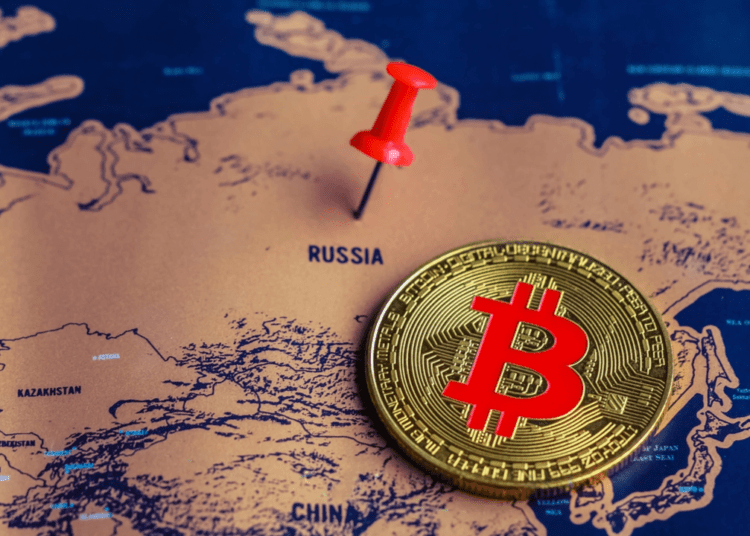More and more financial and cryptocurrency pyramid schemes that want to get money from Russian investors are opening physical offices in the country. The Central Bank of Russia recently said that it was worried about this trend, which is seen as a sign that fraudsters expect demand to grow.
Russian crypto scams open offices in order to get more investors to invest. The Bank of Russia says that financial pyramids and illegal forex dealers in Russia, many of which now specialize in offering crypto investment and settlement opportunities, are moving offline. The daily Izvestia reported that the Central Bank of the Russian Federation said this (CBR).

For the first time in recent years, the people who run these scams are opening offices where they try to convince potential victims to invest in virtual money or use services to get around foreign sanctions and government restrictions. Experts say that for this purpose, talking to someone in person is always better.
They also say that giving information to shady platforms can lead to the loss of both fiat and crypto funds. The trend of going offline shows that scammers are getting ready for a bigger demand since Russians are having a hard time getting access to global financial assets, says the report.
The West’s sanctions against Russia for invading Ukraine and Russia’s response of putting limits on foreign currency have increased interest in crypto assets. Many Russians have been buying bitcoin (BTC) and other cryptocurrencies and stablecoins to protect their money from government actions or send it abroad.
Due to sanctions and restrictions, the amount of crypto fraud is on the rise.
According to data put together by the Bank of Russia, there have been a lot more financial pyramids this year. The regulator found 954 of these businesses in the first half of 2022, compared to just 146 in the same time period last year. That’s a rise of more than six times.
People who offer investments in real or fake cryptocurrencies has also kept offering. More than half of the scams that were reported (56%, or 537 entities) raised money or advertised investments in digital assets.

Russia’s monetary authority thinks that fraudsters are taking advantage of the fact that the sanctions, which affect international settlements and investments in foreign assets, have changed the way traditional financial institutions work in a big way.
The CBR recently made it easier for Russians to get their hands on foreign supplies. This means that banks can give out more U.S. dollars and euros to the public. It’s not clear yet how the change will influence interest in crypto, which, according to a recent survey, is still pretty high in Russia.
















